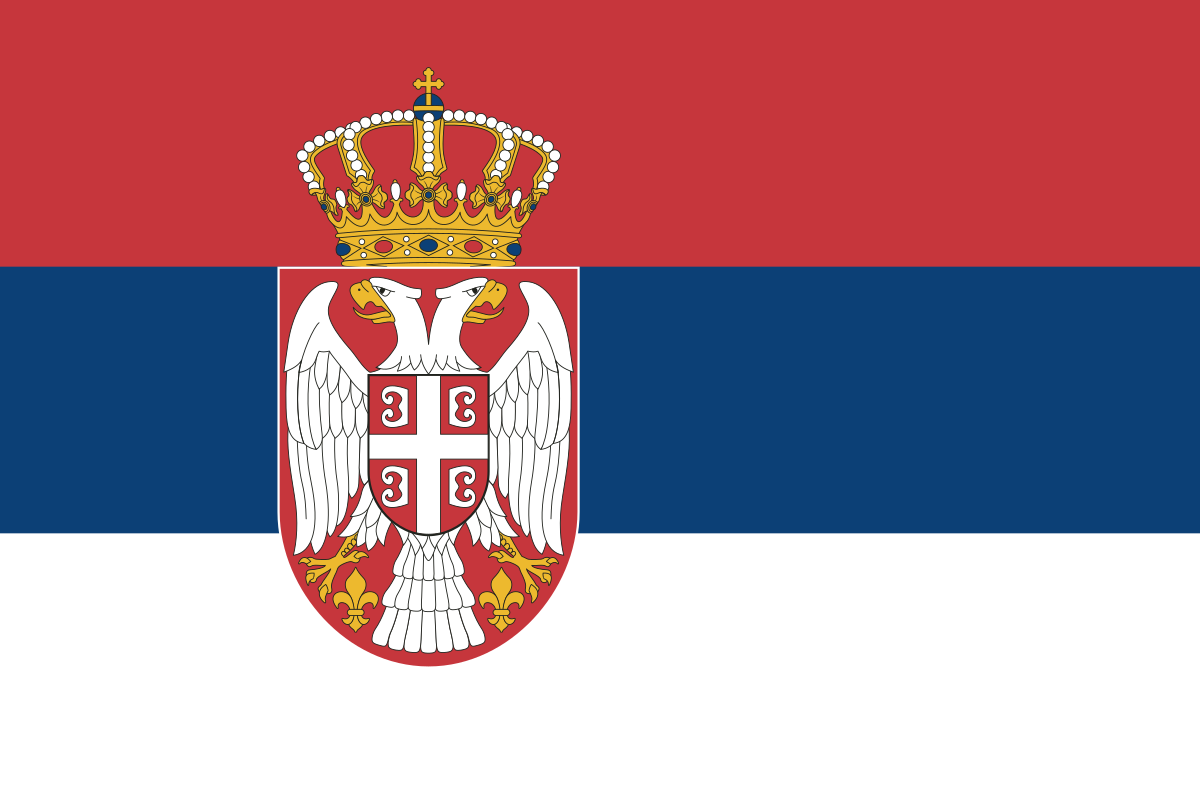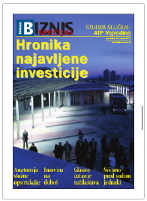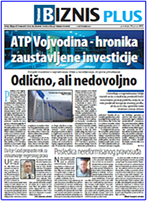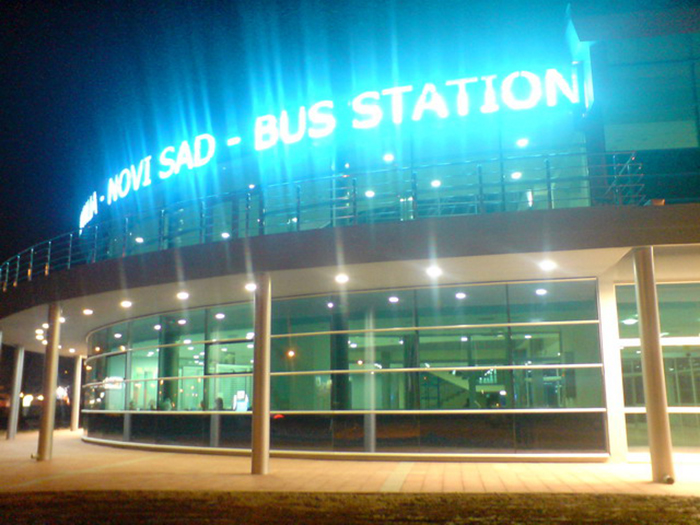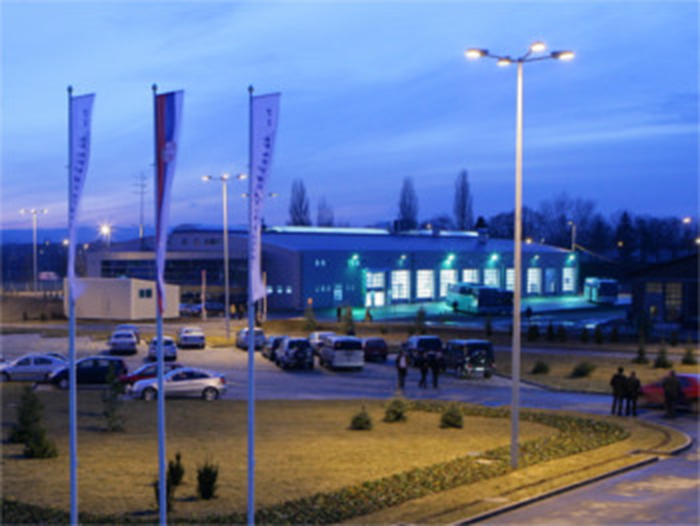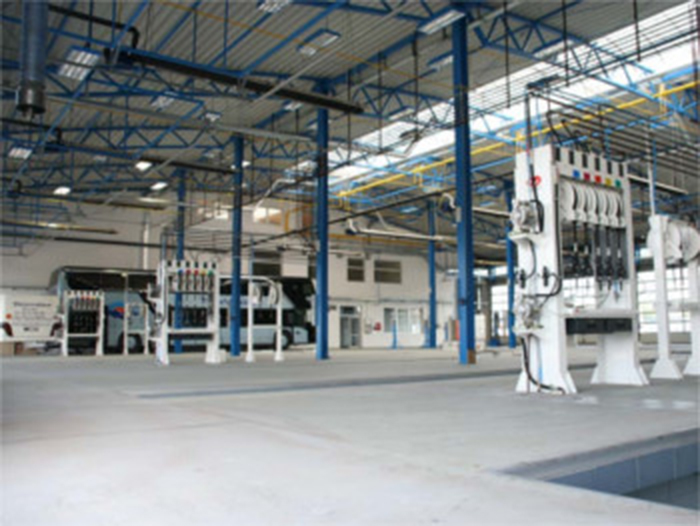12.11.2024. - Complaint to the High Judicial Council, Court Supervision, State Prosecutorial Council, and Internal Control of the Ministry of the Interior.
Ilija Dević: The reasoning in the rulings of cases in which I am involved does not refer to the legal basis, but rather justifies the unlawful actions of the City.
If the judiciary were independent, it would adjudicate according to the law.
Although the Government of Serbia has adopted a Reform Agenda intended to bring EUR 1.6 billion from European funds, the European Commission (EC) stated in its report that there has been no progress in fundamental areas—rule of law, democracy, combating corruption, and organized crime. According to progress in these areas, allocated funds will be disbursed, but European officials particularly highlight that Serbia is not working on establishing judicial independence. They are well aware of this through the ATP "Vojvodina" case, which is under constant EC monitoring because it was classified among the five largest of 24 disputed privatizations, and the only one where the investor, not the state, was harmed.
After two years of being hidden in the archives of the Commercial Court in Novi Sad, two revision cases arrived at the Supreme Court of Cassation in February this year. One has been decided, the other has not, but there is enormous political pressure in both cases. Although this issue occurred even before 2012, it has significantly increased after the change of government, while I, as an investor, have gone through political persecution. All this time, it is about organized crime using politics to pressure the judiciary. And the European Commission is right because it is evident that the courts neither apply the law nor logical principles when it comes to my investment. The reasoning in the rulings in the cases where I appear—Ilija Dević—does not explain the legal basis for the decision, but justifies the unlawful actions of the City of Novi Sad, and not a single judge has had the courage to apply the law.
This is shown in the chronology of the rulings.
The first time compensation was decided was in 2013 when a final executive ruling was made, establishing that for the first four years, ATP "Vojvodina" suffered damages calculated with interest at 17 million euros. If the City had paid this amount, 600 workers would have returned to work, and the company would have exited bankruptcy.
However, this did not suit either the politicians or the "entrepreneurs" who wanted to seize this investment. Therefore, an appeal was filed to the Supreme Court of Cassation (SCC), which organized it well for this occasion. Judge Stojan Jokić removed the 1,000-page file from the court, "mastered" it in 24 days at the law office of Miloš Vučević, where the ruling was also written. The compensation amount was halved without re-examination, but it was still acknowledged that the City had caused damage and must pay, under the Law on Contracts and Torts. Due to the manner in which the compensation was "determined" and the ruling written, both the Anti-Corruption Agency and the Anti-Corruption Council reacted.
Chronology of the Ruling at the Supreme Court of Cassation
Based on the same grounds, a claim for damages for the following period until the end of the contract in 2021 was filed in two other cases that are now before the SCC. A case regarding my personal damages, which I as the majority owner-investor suffered due to the violation of the contract with the City, was also considered at the SCC. This case was “received” by Judge Branislava Apostolović, a family friend of Miloš Vučević, who came to the SCC from Novi Sad with that task and received all the (financial) functions of Judge Nata Mesarović, while her additional benefit was employing relatives in high positions (deputy mayor of Novi Sad). Judge Branislava Apostolović processed that, already mentioned case of 1000 pages, within just 10 days.
For additional control at the SCC, Vučević brought Judge Tatjana Miljuš from Novi Sad, and one of the cases is now before her.
When all three cases were at the SCC u sent a letter to President Aleksandar Vučić, asking for peaceful resolution of all three disputes.. Officially, the General Secretariat of the President of the Republic sent a notification to the Mayor of Novi Sad to resolve the issue, but he did not respond. I received an unofficial offer to abandon my compensation claims and, like other "entrepreneurs," to accept doing jobs for political elites from which I would be compensated.
But I am not that kind of entrepreneur.
I am a man from Srem region, I have managed various businesses and was not born with Novi Sad's bus station. I could have sold ATP "Vojvodina," not to have it taken from me. And I was open to an agreement. I remind you, I built my capital over more than 40 years in former Yugoslavia, in that great country where the rules of the game were clear. I was among the five strongest small entrepreneurs in the private sector. Later, I had a small, medium, and large business. I did not bring money from tax havens, I did not acquire it through privileges or political connections, and I was never even equated with tycoons or war profiteers.
Despite that, I have experienced my capital being seized by the state, which I have filled its budget for decades, where I employed more than 600 people and developed a business plan for another 1,200 jobs.
That is why I could not accept the unofficial offer. And then political persecution started, along with simultaneous pressure on the judiciary.
The seizure of capital continued through the bankruptcy of ATP "Vojvodina," led by judges Slobodanka Komšić (the sister of the governor Jorgovanka Tabaković) and Judge Vladislav Kurtek, who sold the property with construction and usage permits as a "functional whole" to a fictitious buyer, "Matijević," for the price of building materials. The peak of the crime and corruption in this bankruptcy was the attempt to invalidate these two cases now before the SCC, by closing the bankruptcy estate and defrauding all creditors, including the state, Commercial Bank, and others.
The City of Novi Sad had long surpassed the capacity of the current old bus station, which was the reason I signed a contract 20 years ago with elements of a public-private partnership. The City had no financial obligations, only to redirect traffic as planned in the relevant documents. I had to take out loans, for which I guaranteed with my property, to build the station, which received an operational permit but was not allowed to operate. Instead, the old station, without an operational permit and non-compliant with the Road Traffic Safety Act, partially receives passengers. In addition, suburban traffic is irregularly conducted on the platform in front of the railway station, where the canopy recently collapsed, claiming 14 lives.
The location of ATP "Vojvodina" with existing road infrastructure is the only logical place in the city for intercity and international bus services, and it was part of an environmental strategy, as it would relocate 3,000 buses daily from the city center. So, the second-largest city in Serbia has a new bus station but does not allow it to operate, as they are waiting to seize it through bankruptcy and court decisions.
It is absurd what the courts consider in bankruptcy and compensation claims—that no one is responsible, that I am to blame for investing my money and creating the most beautiful bus station in Novi Sad. The courts consider (or must consider) that the City of Novi Sad bears no responsibility, not only for violating the contract but also for not respecting its General Plan, which created the urban conditions for building the station. The courts consider that my investment can be sold as a "functional whole," even though my station is still not allowed to operate.
Due to the price it was sold for, creditors—including the state and banks that held small mortgages—remain unpaid, and the new owner could not register the property. The rush to close the bankruptcy estate in August last year was accompanied by an attempt to hide and archive two ongoing compensation claims in the Commercial Court instead of sending them to the SCC for decision. Upon my insistence, the bankruptcy estate was reopened, and the revisions are ongoing. This disgrace was marked by the recent tragedy when the canopy above the railway station collapsed after which I notified the Prosecutor's office and joined the investigation regarding the collapse of the canopy at the railway station in Novi Sad.
By the way, since the sale (at a throwaway price) of ATP "Vojvodina" property, the firm AG Institute has prominently displayed its name on the building of my bus station, holding a large portion of the space in "lease." I remind you, this is a private company that supervised the recently collapsed canopy at the Novi Sad railway station and has been receiving a range of profitable contracts from the state for years. What does this indicate?
Respectfully,
Ilija Dević, Investor of ATP "Vojvodina", Novi Sad
